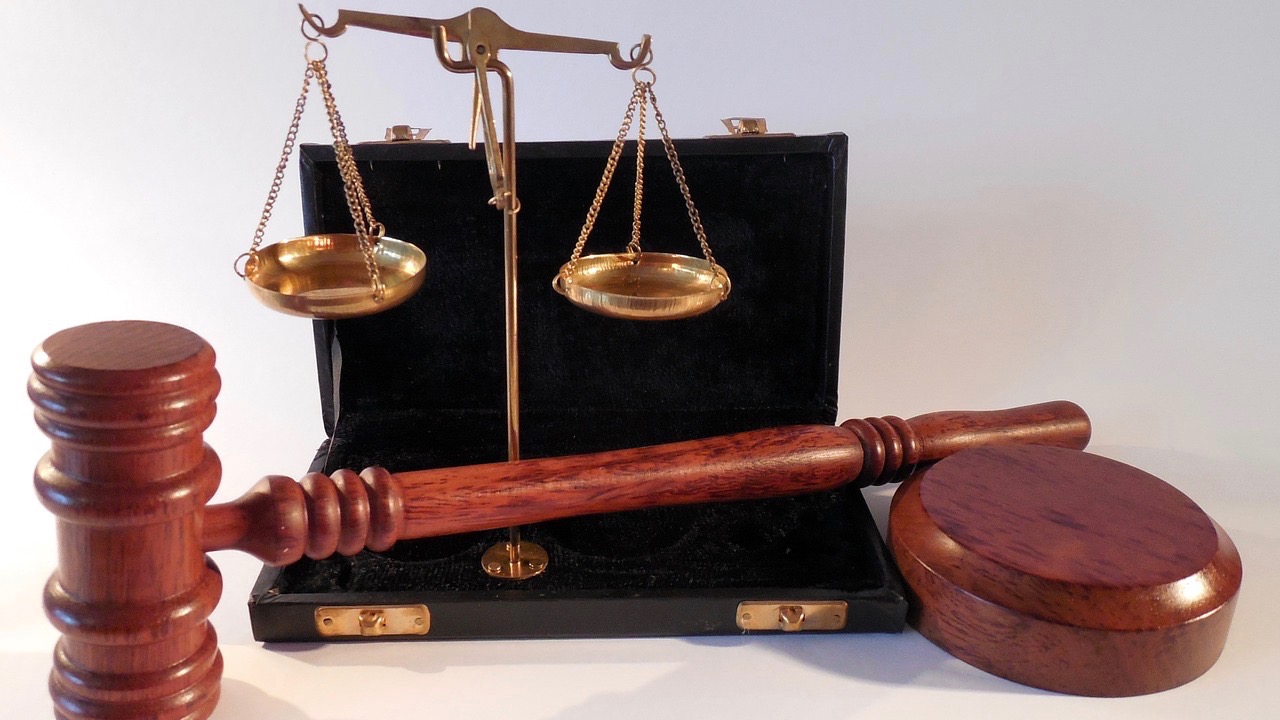
Failing a breathalyzer test can be a scary moment. Don’t panic. A failed breathalyzer test presents an obstacle in your DUI case, but the existence of the test alone is not proof of your guilt. It will, however, result in several immediate penalties, including:
- 30-day suspension of your license (with a test showing BAC 0.08% or greater)
- An additional 180-day suspension if you are 18, 19, or 20 years old (with a test showing BAC 0.02% or greater)
- An additional 1-year suspension if you are under 18 years old (with a test showing BAC 0.02% or greater)
- Arrest and a charge of OUI in Massachusetts
A Failed Breathalyzer Test & Massachusetts Court
The Massachusetts court that handles your case essentially has two ways to try to prove charges in a case of DUI:
- Impairment Theory. This strategy attempted to establish evidence of impairment to drive. Evidence could include things like the subjective observations of an arresting officer, field sobriety tests, video evidence, witness testimony, defendant statements, or physical evidence at the scene or in the vehicle. Cases built on “Impairment Theory” often lack evidence of Blood Alcohol Concentration (BAC) over the legal limit of 0.08%.
- Per Se Theory. This is where a failed chemical test of BAC (generally a breathalyzer or blood test) comes into play. Most Per Se cases involve a failed breathalyzer test as a cornerstone evidence of DUI guilt under the Massachusetts OUI statute. There are many avenues an attorney can take to attempt to call the test results or procedures into question and disqualify this evidence. This is one reason it’s common for Per Se cases to also include the kinds of evidence found in impairment theory cases.
This means you can still be charged with a DUI if you refuse or pass a breathalyzer test, should the government have other reasons to believe you were driving while impaired. It also means that even if you fail a breathalyzer test, there’s no guarantee that it will result in a conviction. Errors in procedure are not uncommon, and breathalyzer devices do not always produce reliable results. In order for the failed breathalyzer test to be admissible in court, the government must prove that:
- It was conducted properly. This includes a required 15-minute observation period by the arresting officer before the breathalyzer test is administered.
- The device that produced the test results has properly documented annual testing certifications.
- A reliable witness can testify that the device was maintained correctly.
However, even if the court is able to establish these facts, there are still a number of ways a skilled attorney can challenge or attempt to suppress potentially invalid test results.
Defenses For a Failed Breathalyzer Test
Many factors can make failed breath tests results can be inaccurate or invalid in a court of law, including:
- The presence of mouth alcohol at the time of the test
- Mouthwash, medicines, or other substances containing alcohol
- Inflated BAC readings due to burps or specific health conditions
- The margin of error on the breathalyzer device
- Improper maintenance, calibration, or storage of the breathalyzer
- No legal basis or improper procedures in administering the test
- Flaws in breath test technology for determining blood alcohol
- Any test failed between June of 2011 and April of 2019
You might wonder, if there are so many ways to challenge the test, is it a good idea to take the test and simply try to get the results suppressed? Refusing the test is the best way to prevent the state from obtaining additional evidence against you, and none of these potential defenses are guaranteed to get your individual failed breathalyzer test results thrown out. However, it is certainly possible to fight a failed breath test in Massachusetts.
If you’ve recently had a failed breath test or been charged with DUI, contact an experienced local attorney to have them examine the facts of your case immediately. Errors and careless handling by the state have made it possible for many people with failed breath test results to pursue effective breathalyzer defenses.
{{cta(‘5493494e-dbd6-4389-a74c-fbde9f15fb6f’)}}




